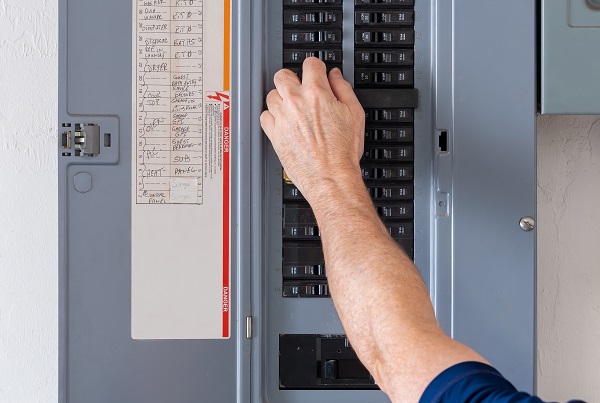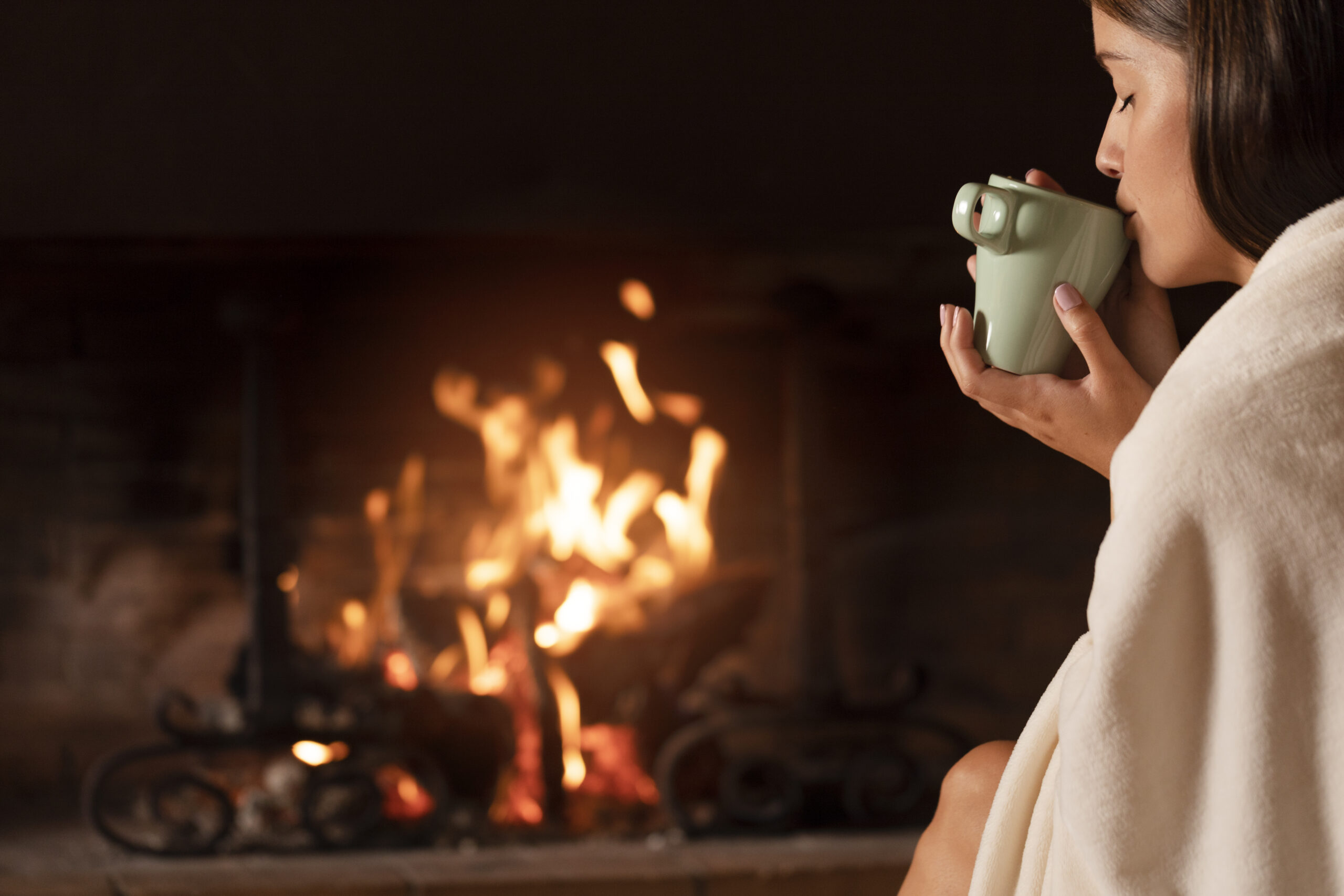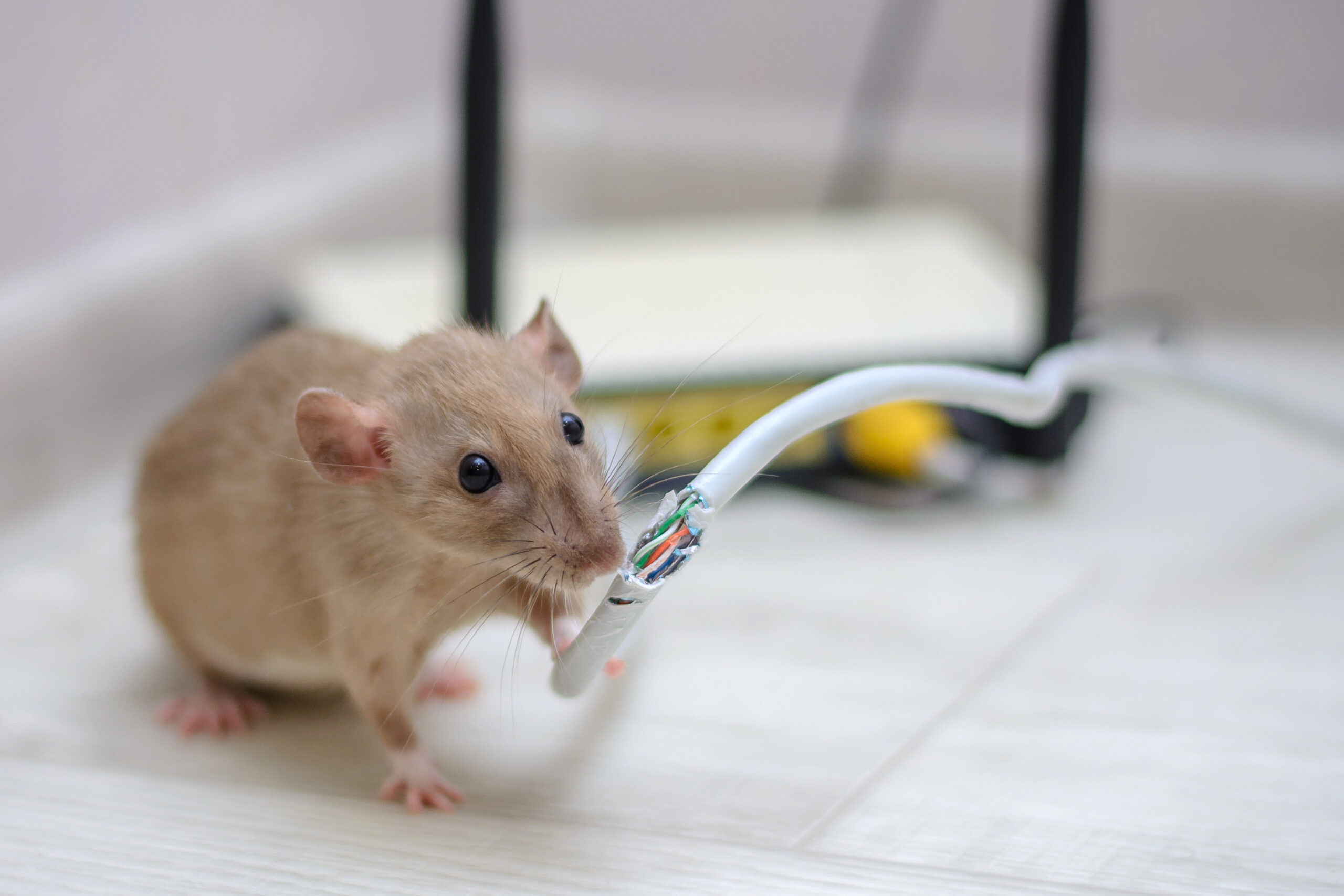When it comes to hiring a Round Rock electrician or a Round Rock HVAC technician, people focus on only expertise. Once an electrician is referred to them by some other people, service buyers no longer bother to verify whether the electrician is licensed or not. Licenses are state-specific. The fact that an electrician is licensed to work in California does not mean he can also practice in Texas without being licensed in Texas. That said, you need to consider the reasons
Why You Need to Hire Only a Licensed Electrician in Round Rock
He needs to understand the electrical code in Round Rock
Electrical code is a set of regulations for the design and installation of wires and other electrical installations. The main goal of the code is safety. This objective may be jeopardized if the code is violated. Only a Round Rock electrician will know the nitty-gritty of Round Rock electrical code.
A professional electrician that has never worked in Texas may not understand the electrical code in Texas. As such, they may violate the code. If this happens, you’ll share in the blame and liability. Ignorance is not a tenable excuse in this.
It’s an offence not to hire a licensed electrician
You may not know that it’s an offense for a Texas resident to hire an electrician that is not licensed to operate in Texas. It means you’re aiding felony. Of course, no one goes around looking for people who hire unlicensed Round Rock electrician and Round Rock HVAC experts, but a legal tussle could arise. And in the course of adjudication, it may be discovered that your electrician isn’t licensed. If that happens, the case will take a new dimension against you.
For insurance purpose
Licensure and insurance often go hand in hand. If an electrician isn’t licensed, it’s likely that they are not insured as well. If an accident occurs while working on your job, you’ll be responsible for the medical bills. You don’t want to add someone’s medical bills to your responsibilities. And if your home is damaged during an electrical installation, your insurance company may not compensate you if they find out that the electrician that caused the problem is not licensed.
A sign of competence
Here in Texas, the process and requirements for getting licensed to operate as an electrician is long, strict, and tedious. This makes it almost impossible for charlatans to get licensed. Any electrician that is licensed in Texas is definitely competent. So, when an electrician shows their license, you don’t need to doubt their competence anymore.
High-quality service
Professional licenses are usually provisional in the United States, and electricians are not an exception. If a Round Rock electrician is found guilty of professional misconduct or other infractions, their license may be withdrawn. That’s why licensed electricians are bound to offer high-quality services all the time. They have their reputations and licenses to protect.
We can proudly state that we are a licensed, fully-insured, bonded, experienced, and well-equipped Round Rock electrician whose charges are competitive. So, do not hesitate to contact us whenever you need to the services of an electrician.





